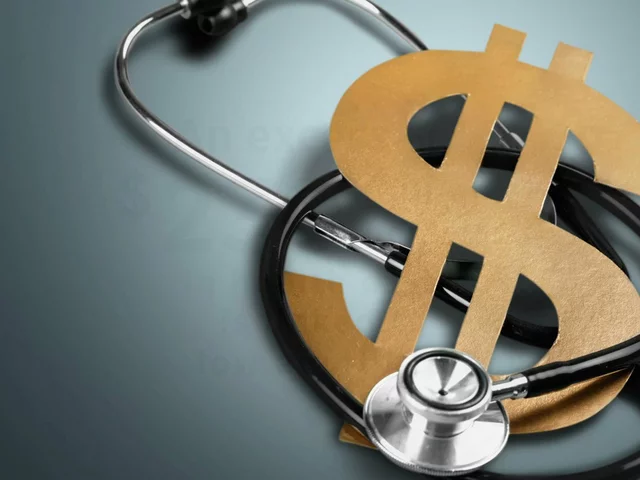Understanding the Concept of Health Insurance
As someone who frequently writes about financial matters, I have come across many people who are skeptical about the value of health insurance. The question that often arises is, "Is health insurance a scam?" To answer this question, we first need to understand what health insurance is. Health insurance is a contract between an individual and an insurance company, where the insurer provides a financial cover for medical expenses in exchange for a premium. The idea behind health insurance is to spread the risk of high medical costs across a large group of people.
The Criticisms of Health Insurance
Now, why do some people view health insurance as a scam? The criticisms stem from a couple of main points. First, there is the issue of high premiums. Many people feel that they pay too much for health insurance, especially when they are healthy and do not use it often. Second, there is the concern about denied claims. Sometimes, insurance companies refuse to cover certain treatments or medications, leading to out-of-pocket expenses for the policyholder.
The Reality of Healthcare Costs
Despite these criticisms, it's important to consider the reality of healthcare costs. The cost of medical care, especially in emergencies or for chronic conditions, can be exorbitant. Without insurance, a hospital stay or a major surgery could lead to financial ruin. Health insurance provides a safety net against these high costs. Yes, you might pay premiums for years without needing to make a claim, but if you do need to use your insurance, the financial relief can be significant.
Understanding the Fine Print
A common complaint about health insurance is that it's complicated and difficult to understand. This is a valid concern. Policy documents are often filled with jargon and fine print, making it difficult for the average person to know exactly what they're covered for. However, this doesn't make health insurance a scam. Instead, it underscores the importance of taking the time to understand your policy and asking questions when you're unsure.
Dealing with Denied Claims
Another issue that makes people skeptical about health insurance is denied claims. It can be incredibly frustrating to have a claim denied, especially when you thought you were covered. However, it's important to remember that insurance companies don't deny claims without reason. Usually, it's because the claim doesn't fall within the coverage outlined in the policy. Again, understanding your policy is key to avoiding such situations.
The Role of Health Insurance Companies
Let's also consider the role of health insurance companies. These companies are businesses, and like all businesses, they aim to make a profit. This means they need to balance the premiums they collect against the claims they pay out. It's not a scam; it's just how insurance works.
Choosing the Right Health Insurance
If you're considering health insurance, it's crucial to choose the right policy. Not all health insurance policies are created equal. Some offer more comprehensive coverage than others, and premiums can vary widely. A policy with a lower premium might have a higher deductible or cover fewer services. It's important to compare different policies and consider what you need from your health insurance.
Health Insurance: A Necessity, Not a Scam
In conclusion, while health insurance has its flaws and can be frustrating at times, it's not a scam. It's a tool designed to protect us from the high cost of medical care. The key is to understand what you're buying, read the fine print, and choose a policy that fits your needs. With the right health insurance, you can have peace of mind knowing that you're financially protected in case of a medical emergency.
Final Thoughts
As with any financial decision, it's important to do your research and understand what you're getting into when you buy health insurance. Yes, it can be complex, and yes, it can be frustrating at times. But it's also a crucial part of financial planning and can provide invaluable protection against the high cost of healthcare. So, is health insurance a scam? I would say no. It's a necessity in today's world.
